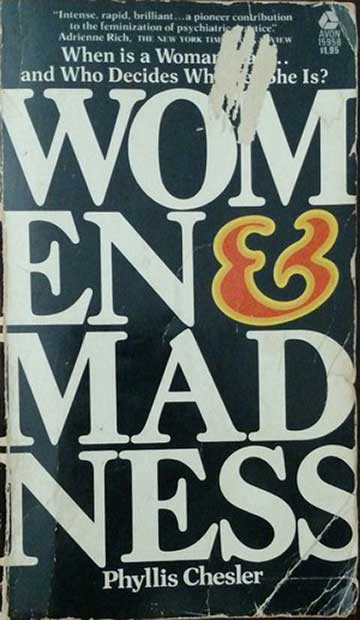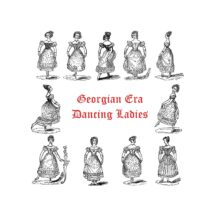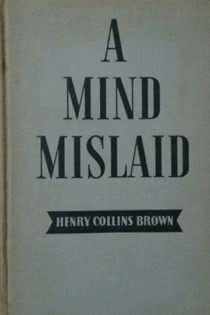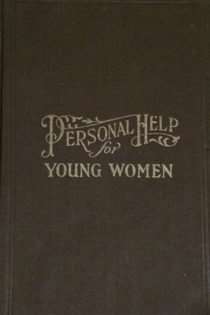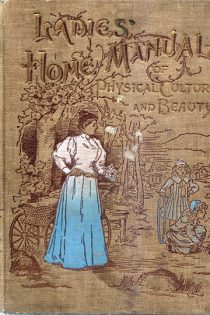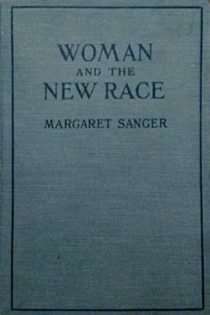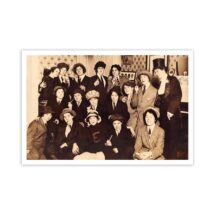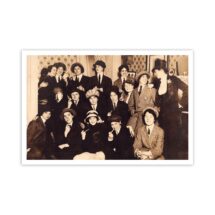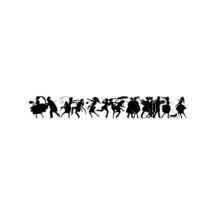References
“People who know Phyllis Chesler, call her ‘Dr. Chesler” and not ‘Ms. Chesler,’ although she is considered a feminist. She prefers the first title. One obvious reason might be that it immediately telegraphs the fact that she has the credentials for going for the jugular vein of the mental health professionals.
Male therapists, particularly, irk Pyschologist Chesler. Dramatic numbers of unhappy women are running to them, thinking they are ‘Going crazy.’ These women want help but what they are being told, Dr. Chesler says, is that their ‘cure’ will come with a greater understanding of their standard ‘feminine role’ – dependence on men.
According to Dr. Chesler, when a woman either overplays this role or rejects it completely, she is considered ‘crazy’. Society and biology combine to make sure women Stay passive and self-sacrificing – in a word, ‘feminine’. And husbands and psychiatrists support this view, this reliance on an authoritative Daddy figure.
For some time, Dr. Chesler has made known her very personal approach to women in therapy through special articles and speeches. Now she has published her thoughts in ‘Women and Madness.’
In the book, just published by Doubleday, she tears apart the standard psychiatric theories, and the men and institutions who dispense them. She attacks what she calls the ‘double or masculine mental health standard’ which discriminates against women by permitting very little deviation from ‘normal’ female behavior.
After spilling the blood of the professionals, she illustrates her points through interviews with 60 women under the psychiatric care. And she closes with a presentation of feminism as an answer to the increasing numbers of women in therapy. Giving up their ‘cross of self-sacrifice,’ women would become ‘winners’ instead of ‘losers,’ achieving power through each other, not through men or families.”
– Courier-Post, Camden, New Jersey, 11 Nov 1972


